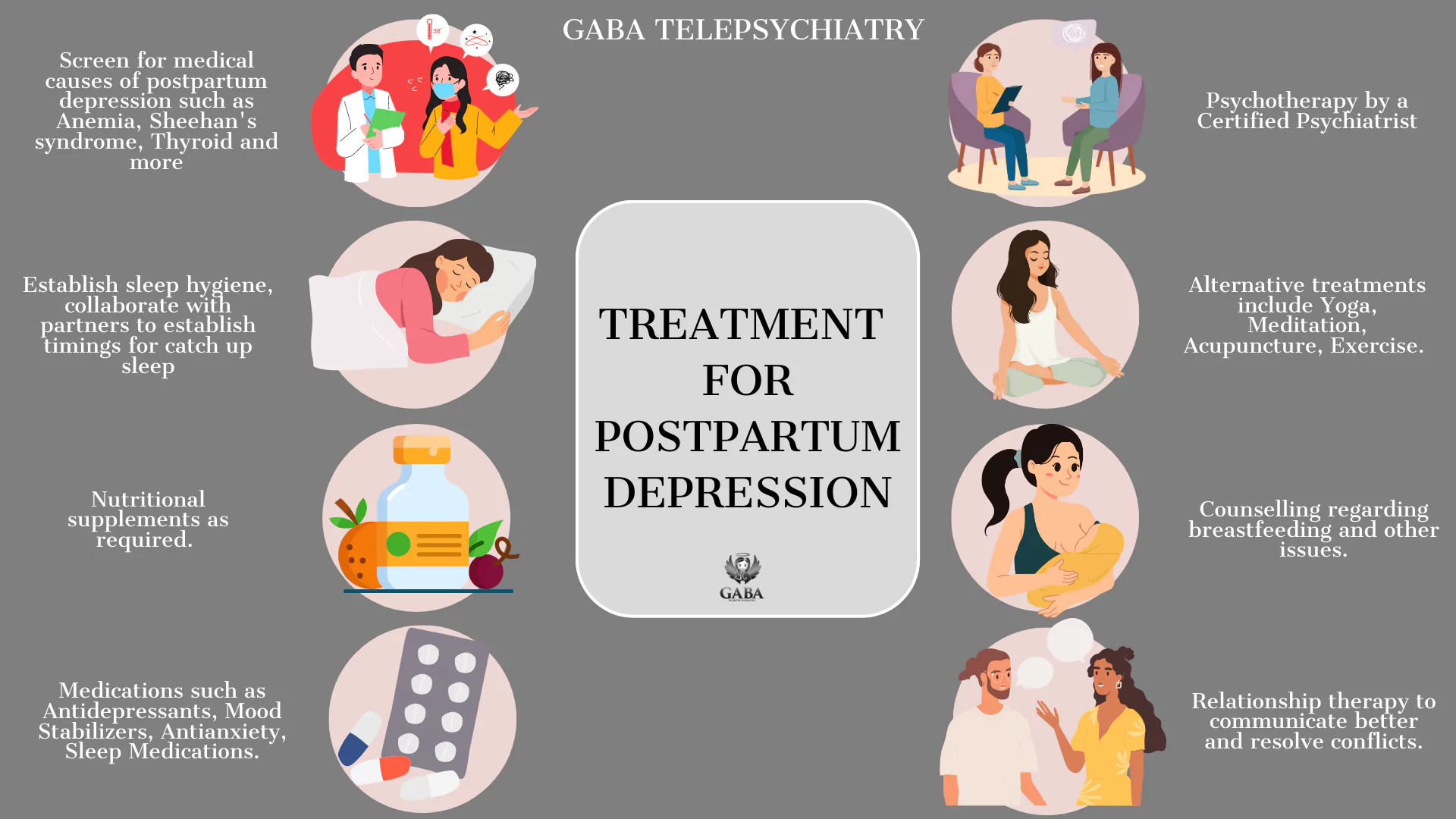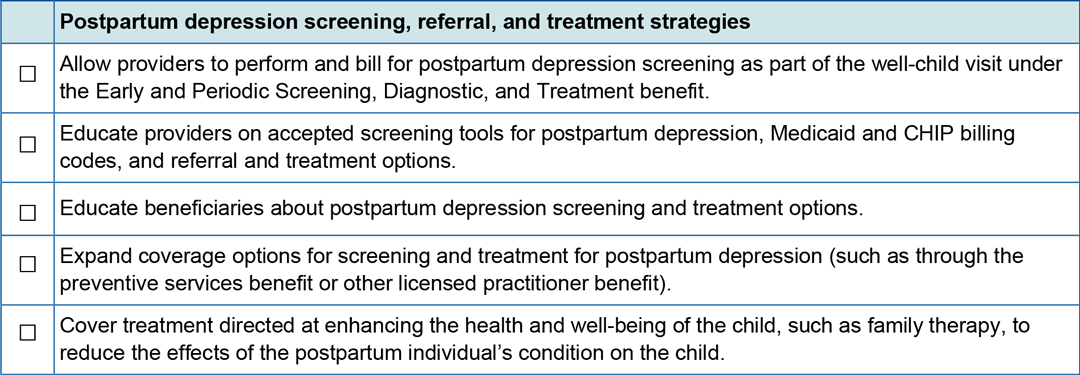4 Easy Facts About Beautiful Journey Reproductive Counseling Center Explained
4 Easy Facts About Beautiful Journey Reproductive Counseling Center Explained
Blog Article
The smart Trick of Beautiful Journey Reproductive Counseling Center That Nobody is Discussing
Table of ContentsThe Definitive Guide to Beautiful Journey Reproductive Counseling CenterIndicators on Beautiful Journey Reproductive Counseling Center You Should KnowThe 9-Minute Rule for Beautiful Journey Reproductive Counseling CenterSome Ideas on Beautiful Journey Reproductive Counseling Center You Should KnowSome Known Details About Beautiful Journey Reproductive Counseling Center The Single Strategy To Use For Beautiful Journey Reproductive Counseling Center

Collaborating with mental health professionals is a wonderful method to learn more about postpartum depression and just how to recuperate. Therapy allows females to resolve their condition and understand the progress they make. Specialists can likewise adjust therapy in action to the woman's progress. Treatment is an individual and important way to deal with postpartum clinical depression.

Our Beautiful Journey Reproductive Counseling Center Statements
There have not been definitive studies released that looked especially at folate or various other B vitamins in the treatment of postpartum clinical depression. Think about advising to women who are postpartum to continue their prenatal vitamin or take a B-100 facility with concerning 1 mg (or 1,000 mcg) of folic acid, or folate.
Modification of vitamin D deficiency may play a significant duty in the recovery from postpartum depression. Mothers having problem with depression should have their 25-OH vitamin D level tested. Many women find that they need at the very least 2,000-3,000 IUs of cholecalciferol, which is vitamin D3 (a kind that is really conveniently soaked up) throughout the winter season.
In the summer season, much less oral vitamin D may be needed, depending on the latitude where the mommy lives. reproductive therapist.
See This Report on Beautiful Journey Reproductive Counseling Center

Anticoagulation might be used, and it must be kept in mind that there exists no universal standard or recommendation for anticoagulation therapy in septic pelvic thrombosis. First bolus of 60 units/kg (4000 units optimum) followed by 12 units/kg/h (optimum of 1000 units/h) is recommended. The aPTT is checked for 2-3 times the typical worth.
Postpartum clinical depression (PPD) is a complex mix of physical, psychological, and behavior modifications that take place in some women after delivering. According to the DSM-5, a manual utilized to detect mental problems, PPD is a form of significant depression that begins within 4 weeks after shipment. The medical diagnosis of postpartum depression is based not only on the size of time in between delivery and beginning yet on the severity of the anxiety.
The term defines a variety of physical and psychological adjustments that several new mothers experience. PPD can be treated with medication and therapy. The chemical changes include a rapid decrease in hormones after delivery. The real web link between this decline and clinical depression is still unclear. What is recognized is that the levels of estrogen and progesterone, the female reproductive hormones, boost tenfold during pregnancy.
Unknown Facts About Beautiful Journey Reproductive Counseling Center
Typically, signing up with an assistance team of brand-new moms or chatting with various other mommies assists. can occur a couple of days and even months after childbirth. PPD can take place after the birth of any type of child, not simply the first youngster. You can have feelings comparable to the infant blues-- sadness, misery, anxiety, crankiness-- but you feel them a lot more highly.
When your capability to feature is impacted, you require to see a health and wellness treatment supplier, such as your OB/GYN or primary treatment doctor. This medical professional can screen you for anxiety signs and symptoms and generate a treatment plan. If you do not obtain treatment for PPD, signs and symptoms can get even worse. While PPD is a severe problem, it can be treated with medication and counseling.
This health problem can take place quickly, typically within the initial 3 months after giving birth. Women can lose touch with fact, having auditory hallucinations (hearing points that aren't in fact happening, like a person talking) and misconceptions (highly thinking points that are plainly unreasonable). Aesthetic hallucinations (seeing points that aren't there) are much less common.
Women that have postpartum psychosis demand therapy right away and nearly always need drug. Therapy choices include anti-anxiety or antidepressant medicines, psychotherapy, and engagement in an assistance group for emotional assistance and education and learning.
Beautiful Journey Reproductive Counseling Center Fundamentals Explained
Kids of moms with postpartum depression are most likely to have troubles with sleeping and eating, sobbing more than common, and delays in language advancement. If you have a background of anxiety, inform your doctor as quickly as you learn you're pregnant, or if you're preparing to come to be pregnant.
PPD can occur after the birth of any kind of child, not just the very first kid. You can have sensations similar to the infant blues-- sadness, despair, anxiety, crankiness-- however you feel them a lot extra highly.
When your ability to function is impacted, you require to see a wellness care supplier, such as your OB/GYN or health care medical professional. This medical professional can evaluate you for anxiety symptoms and develop a treatment plan. If you don't get treatment for PPD, symptoms can get worse. While PPD is a serious condition, it can be treated with medication and therapy.
This disease can happen quickly, often within the first 3 months after giving birth. Females can shed touch with reality, having acoustic hallucinations (hearing things that aren't more information actually taking place, like an individual speaking) and delusions (strongly believing things that are clearly illogical). Aesthetic hallucinations (seeing things that aren't there) are much less typical.
All About Beautiful Journey Reproductive Counseling Center
Ladies that have postpartum psychosis demand therapy right away and almost always need medicine. Therapy alternatives consist of anti-anxiety or antidepressant medications, psychotherapy, and involvement in a support group for emotional support and education.
Kids of mommies with postpartum clinical depression are more likely to have troubles with sleeping and eating, crying greater than normal, and hold-ups in language advancement (perinatal counseling). If you have a background of clinical depression - https://fliphtml5.com/homepage/hzluz, tell your doctor as quickly as you learn you're expecting, or if you're preparing to end up being expecting
Report this page